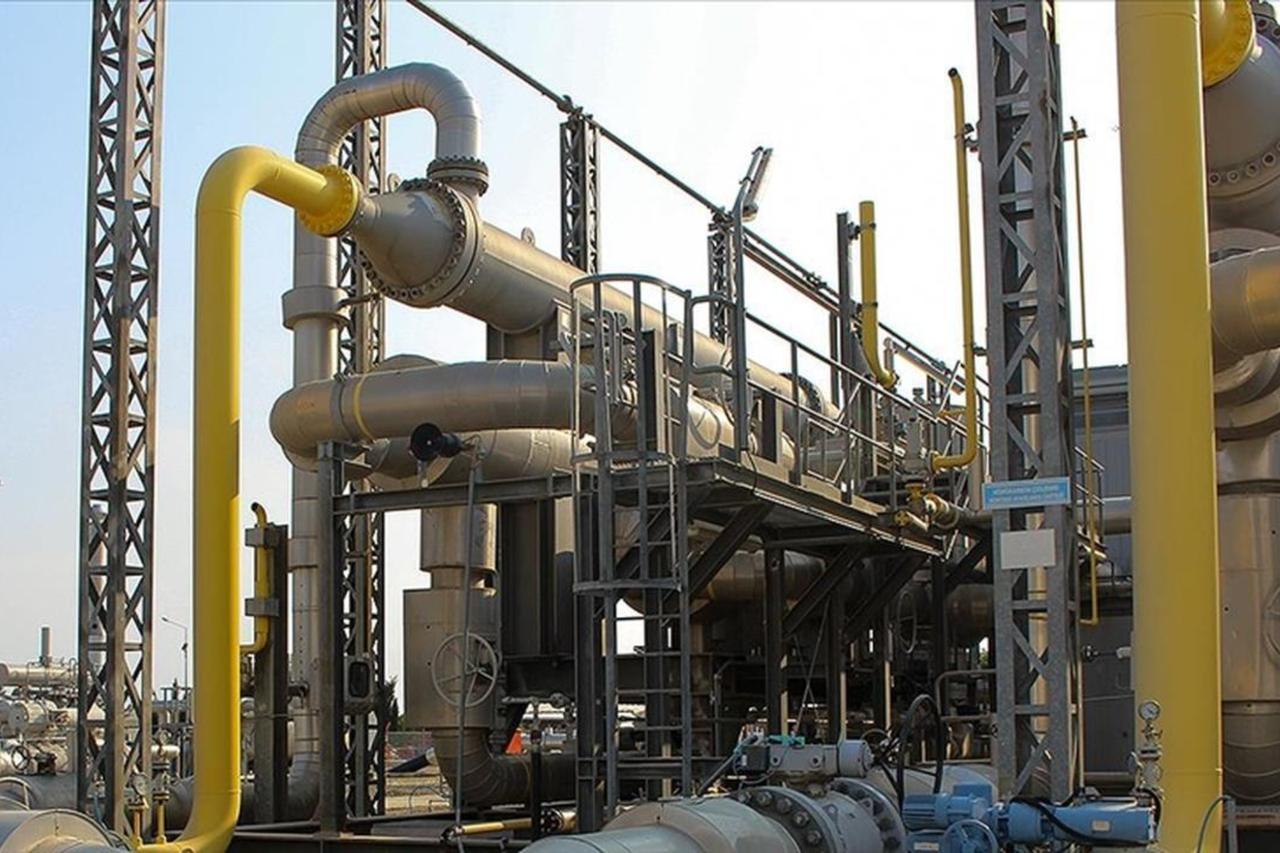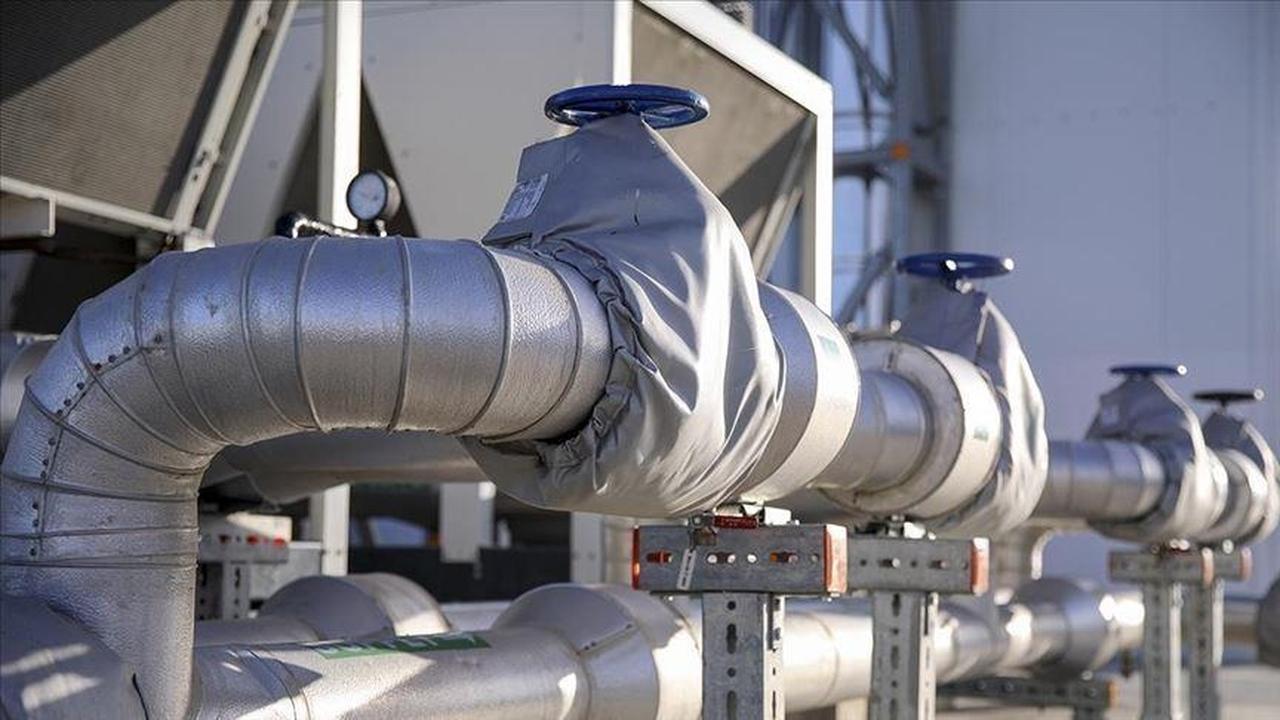
Germany's Cabinet has approved a contentious agreement to extract natural gas from waters off Borkum Island in the North Sea, marking a significant step in the country's efforts to diversify its energy supply following the Ukraine war.
The German Ministry for Economic Affairs and Climate Protection announced that the Cabinet endorsed the joint gas extraction agreement with the Netherlands, which establishes a framework for both countries to jointly benefit from the gas field while regulating the distribution of royalties between the two nations. The agreement still requires approval from the Federal Parliament to take effect.
"The Netherlands has long been a strong partner in energy supply," said German Economy and Climate Protection Minister Katherina Reiche. "This agreement strengthens not only our neighbors' supply security, but also the European gas market and therefore us as well."
Dutch energy company One-Dyas estimates it can extract between 4.5 and 13 billion cubic meters of gas from the "N05-A" field within several years. This represents 6 to 16 percent of Germany's approximately 80 billion cubic meters of gas consumption last year.

The project faces significant opposition from environmental groups and the Green Party, which argues that Germany risks becoming overly dependent on climate-damaging fossil fuels. Former Economy and Climate Protection Minister Robert Habeck of the Green Party had refused to sign the agreement with the Netherlands during his tenure, stating he wanted to await court decisions before proceeding.
Environmental groups have filed court challenges against the gas extraction project, warning of devastating consequences for biodiversity in the North Sea. Environmental Action Germany (DUH) has accused the German government of using the agreement to pressure relevant courts and approval authorities.
The current ruling parties — the Christian Union (CDU/CSU) and Social Democratic Party (SPD) — had agreed in their coalition agreement to utilize Germany's conventional gas production potential.
The energy security concerns driving the project stem from the crisis triggered by the Russia-Ukraine war. Germany has worked intensively to secure energy supplies, overcoming the crisis through new supply chains and diversification including liquefied natural gas (LNG). The country has brought four floating LNG terminals into operation over the past four years.
Before the war in Ukraine, Germany sourced 55 percent of its natural gas needs from Russia. Today, the main suppliers are Norway, the Netherlands and Belgium.
The approval comes as Germany continues to balance its climate commitments with energy security needs in the wake of geopolitical tensions that reshaped European energy markets.